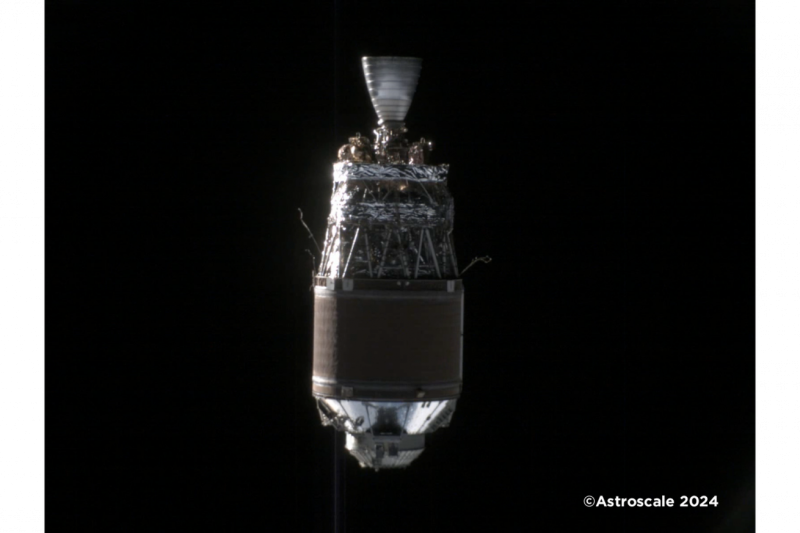In today’s age of relentless space exploration and technological advancements, the issue of space debris or space junk has become a growing concern. As human activity in space increases, the amount of defunct satellites, spent rocket stages, and other debris orbiting our planet has reached critical levels. The accumulation of these objects poses significant risks to operational spacecraft and potentially endangers future space missions.
One of the primary challenges associated with dealing with space junk is the unpredictable and chaotic nature of its movement. The majority of space debris orbits the Earth at high speeds, creating a hazard for functioning satellites and manned missions. The threat of collision with even a small piece of debris can have catastrophic consequences, resulting in the destruction of valuable assets and generating additional fragments that further exacerbate the issue.
Efforts to address the problem of space debris range from tracking and monitoring existing objects to developing technologies for active debris removal. Initiatives such as the European Space Agency’s CleanSpace One project and Japan’s Kounotori Integrated Tether Experiments aim to actively capture and deorbit defunct satellites and other large debris. These innovative approaches represent a significant step forward in mitigating the risks posed by space junk.
In addition to active removal strategies, international collaboration and regulatory frameworks are essential for addressing the challenges of space debris. The United Nations Office for Outer Space Affairs plays a crucial role in coordinating efforts to promote responsible space activities and mitigate the risks associated with space debris. By encouraging data sharing, best practices, and guidelines for sustainable space operations, these initiatives contribute to the long-term sustainability of space.
Education and public awareness also play a vital role in addressing the issue of space junk. By informing the public about the dangers posed by debris in orbit and highlighting the importance of responsible space practices, we can foster a greater appreciation for the fragility of our space environment. Initiatives such as educational outreach programs and public engagement campaigns help raise awareness about the impacts of space debris on our daily lives and the future of space exploration.
As we look towards the future of space exploration, it is crucial that we prioritize the issue of space debris and work together to implement effective solutions. By leveraging technology, collaboration, and public engagement, we can ensure the sustainability of space activities and protect our access to the vast frontier of the cosmos. Only through collective action and a commitment to responsible space practices can we safeguard the future of space exploration for generations to come.


























